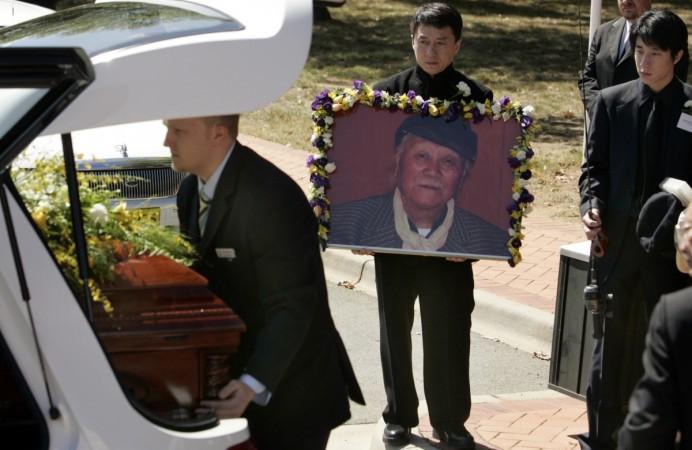
A new research has found that types of prostate cancer that do not respond to conventional treatment can be treated using malaria drugs.
The research was conducted on mice and it was found that the malaria drug restricted the spread and growth of tumours or metastases; a similar effect is expected in humans.
In prostate cancer, the male hormone androgen is targeted by a compound called Ailanthone (AIL) that triggers the disease. After the clinical trials were conducted, it was found that the androgen receptor could be blocked using the malaria drugs.
Hormone treatment can, at times, be used to treat prostate cancer, but prostate tumors lead to the formation of an abnormal type of androgen receptor that doesn't respond to treatment, as it is not related to the rise in hormone levels. This resistance makes cases harder to treat.
Professor Zhengfang Yi from the East China Normal University in Shanghai, along with colleagues, went through the library of natural compounds and found that Ailanthone (AIL), which is used to treat malaria patients, can be a strong inhibitor of various forms of androgen receptors.
This drug was found to effectively curb metastases in mice. The medicine interacted with a protein that aids in stabilising the androgen receptor, which resulted in the destruction of tumour cells.
The researchers came to the conclusion that compared to the other therapies available presently, Ailanthone has the potential to combat prostate cancer.
"Prostate cancer is the most common male cancer in many industrialised countries," Prof Yi said according to a report by the Daily Mirror.
"It initially depends on the androgen receptor signalling for growth and survival. Overall, our findings provide the first evidence that AIL is a promising lead compound, and is suitable for further pharmaceutical development," Prof Yi added.
As per UK statistics, more than 10,000 men lose their lives to prostate cancer every year. The number of cases have spiked, resulting in more than double the number of cases being presented in Great Britain.
Movie star Jackie Chan lost his father Charlie, 93, to prostate cancer in March 8, 2008.
About one in eight men will get prostate cancer at some point in their lives. It mainly affects men over the age of 50.
According to the Mirror, more than 1.11 million men were estimated to be diagnosed with prostate cancer in the year 2012.

















